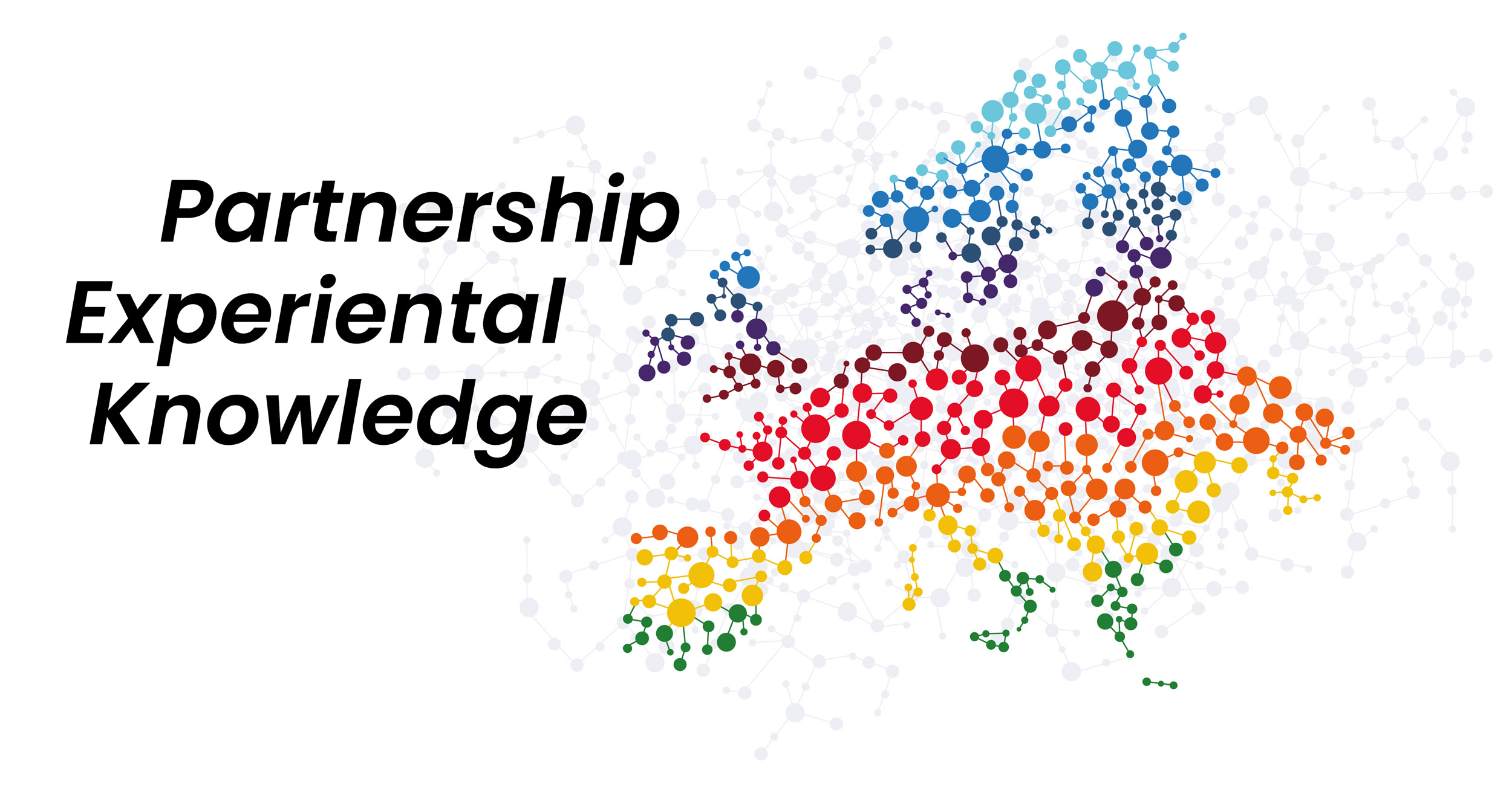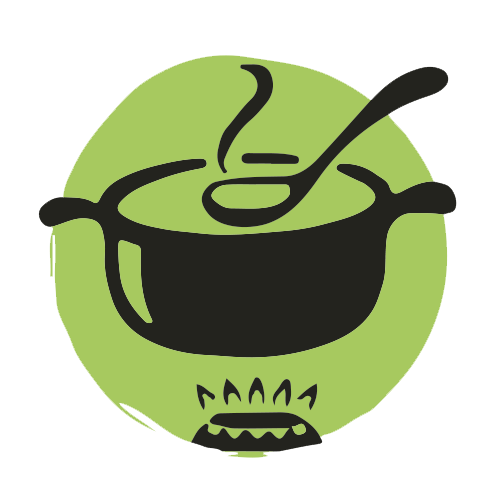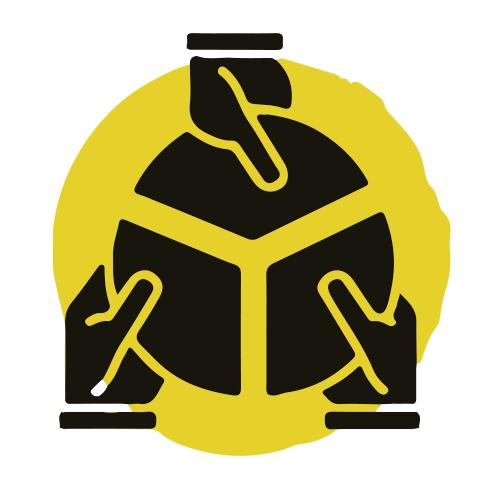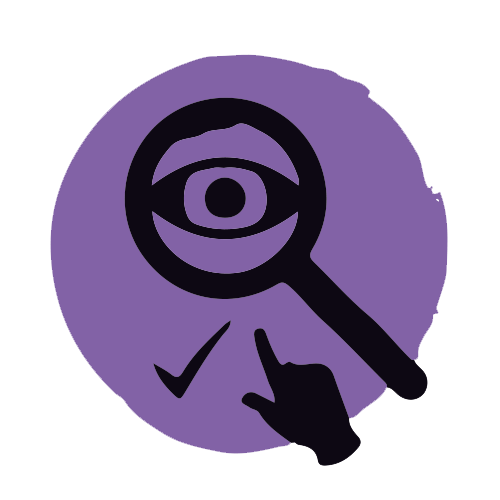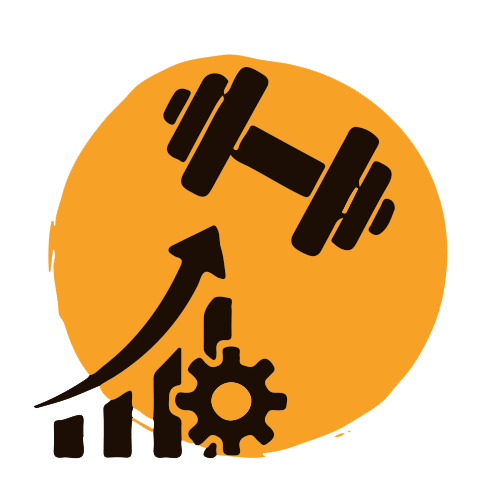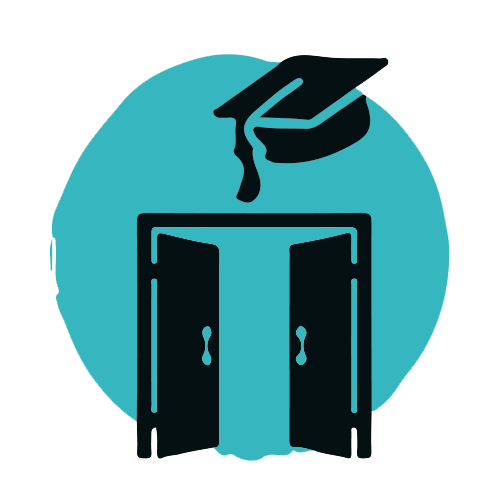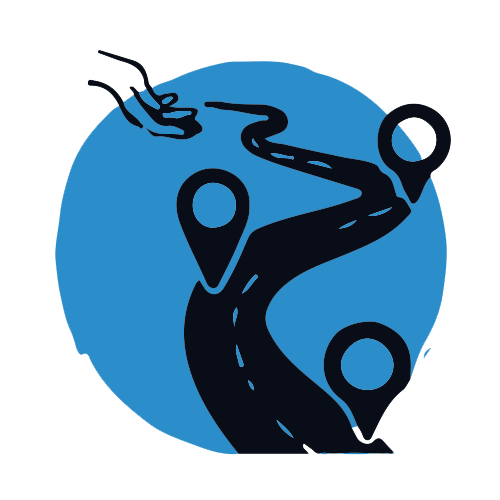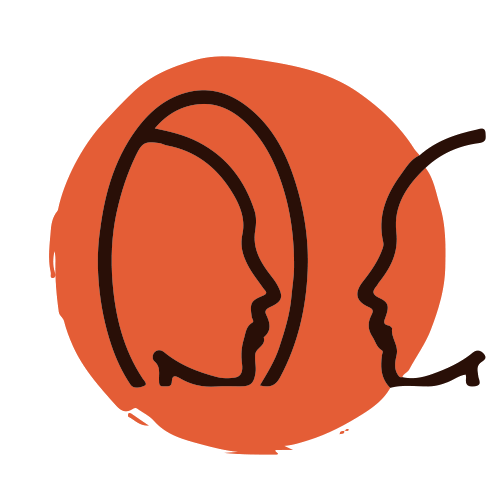What do experts by experience consider important when preparing activities in higher education and what do they consider important conditions?
The focus groups and interviews revealed some key issues that are important when using experts by experience. We can break these down into preparation with individual lecturer(s) and strategies for cooperation with experts by experience in the classroom.
1. Preparations with the lectures:
- Teachers can do basic didactic skills (internal training).
- Preparation with the teacher. You cannot come into a class unprepared and start bringing your story without discussing this first. The lecturer likes to know roughly how the class will go, and an expert by experience likes to know in advance what is expected of him/her.
- The expert must feel good about what he says and does. The tasks must match his norms and values.
- It is important for both parties to feel safe and secure, the relationship needs to be worked on.
- Literally hear ‘nice to have you here’ and be taken serious.
- Dare to speak openly or ask questions to the expert. Don’t be afraid to ask the wrong question and avoid interpretations.
- Being asked to share your knowledge and being asked what you need to do so.
- Honest and open communication, clarity in their expectations of me and the opportunity to have input from my experiences. The ability to engage in conversation and get to know people without judgement.
- Information about the purpose of the involvement
- Co-production of knowledge, research methods, content for lessons, (policy documents),… Lecturers ideally possess necessary knowledge to prepare their subject. Yet it can be a huge asset not to take one’s own knowledge as the only source, but to look more broadly at other experiences, other visions,… in order to collectively arrive at the most comprehensive version of knowledge on a given topic. Not everyone wants to be involved in this (ass strength place e.g. not dependent on experiential expertise)
- Sometimes it is nice if you teach a lesson in tandem with a colleague teacher because that gives the expert by experience room to contribute his/her story or perspective and the teacher then has the role of class management or facilitator of a nice pedagogical climate or connector between learning outcomes and/or test and makes students aware of the importance. But if the teacher demands too much attention/space and is directive, it can also be restrictive. It is like a dance.
- Important can be a good division of roles and tasks and reflection/evaluation afterwards.
- From my point of view, it is a different role than a teacher since they will not be evaluated by us. I do not feel logically the same, nor am I, nor do I claim to be a teacher. We offer a closer, humane treatment. The students show genuine interest and the learning and impact that is achieved with this type of interventions is greater. It’s harder to forget when someone talks to you. The interaction that occurs with the students is very rewarding.
- The degree of independence in providing lessons varies.
- Connection is important and equality. Knowing what someone can and has to bring is important.
- It is important that it does not become an anti-story.
2. Strategies for cooperation with experts by experience in the classroom:
- Information: Very concrete information to get started effectively, such as information about the goals, the students, the framework, the way of working and so on.
- Information on the purpose of engagement. You cannot experience/expect involvement if the person in question does not know why he/she is there, has no purpose.
- Short lines of communication with scheduling office and other facilitating services, anchors who respond quickly to mails and apps, low-threshold accessibility.
- Continuity in conversations with team leader and scheduling in advance.
- A weekly overview
- Access and support in working in the various digital systems; for some, digitalisation is an obstacle
- Preparing the lessons together from the start is important to be able to participate well and know what it is about. We need to work together not side by side. Each from his qualities.
- Formal presentation in the classroom: A formal introduction of the expert by experience.
- Good agreement on roles, for example if you teach a lesson together. Discussing the goal beforehand is important. It is also important for students to distinguish between the different roles. They need to know this.
- Informal contacts: informal conversations where people listen to each other, get to know each other in a respectful and equal way. Conversations in which basic agreements can be made but also a bond of trust develops are a necessity.
- Create a space for joint reflection that broadens the perspective on the topic to be worked on.
- Contribute and delve together into topics that are dealt with more superficially at the university and in professional activity you will find.
- Being given room to indicate your limits.
- Schedule more informal space and switch time. It is suggested to organize more such moments like now during the focus lunch for meeting and exchange.
- Intervision could be fine.
- We are equivalent but not equal and that is ok. Everyone starts from their own knowledge and skills and these are not equal but complementary.
Read more about the seven work packages
Articles:
A support kit for experts by experience
Recap Event: Experiential Knowledge and Experiential Learning in Higher Education
We look back on three successful days on learning from and working with experiential knowledge both in social work and nursing education and in practice. A special thanks to our host Windesheim University of Applied Sciences and partnership Experiential Knowledge. The...
Newsletter Experiential knowledge in higher education #4 – Erasmus+
SAVE THE DATE: End conference Experiential Knowledge in Higher education in the Netherlands
*** Save the date! More information will come on this page! *** Experiential knowledge and learning: a pathway to inclusive education Learning Event & Conference Erasmus+ project Experiential Knowledge in Higher Education Registration is open now,...
Recap Conference & Seminar Peer Support and Experiential Knowledge
We look back on three successful days around using personal experience in health- and social work practice, education and research. Click here for a recap of the events. The next events is 9 till 11 October in the Netherlands: Experiential knowledge and learning: a...
Save the date! FINAL EVENT ERASMUS+ PROJECT EXPERIENTIAL KNOWLEDGE
When: 9 till 11 October 2024 Where: Windesheim University of Applied Sciences, Zwolle, Netherlands Program: 9th October: Seminar - learning event with workshops about how to integrate experiential knowledge in education 10th October: Conference Learning from...
Conference & Seminar Peer Support and Experiential Knowlege
From 13th till 15th of May there was a very inspiring international conference at the Lund University about Peer Support an Experiential Knowledge. For more information see Conference and Seminar Peer Support and Experiential Knowledge | Powerus.
Newsletter Erasmus Strategic Partnership on Experiential knowledge, winter 2024
A new dimension in personalized inclusive education Welcome to the third newsletter and third year of the Erasmus project! We are delighted to start our new year with a special edition newsletter which comes from the experts by experience who have been involved with...
Newsletter Erasmus Strategic Partnership on Experiential knowledge, summer 2023
Experience included: Towards an educational design with experience as a source of power and knowledge
At the HU University of applied sciences a group of lecturers, researchers and an educational expert is teaming up to create a educational design where experiential knowledge is included and fits in the current design of the bachelor social work. After getting input...
Webinar four with Kristel Driessens & Pascal Maes
People in poverty as tandem partners in social work education 15/4 CET, Kristel Driessens & Pascal Maes, Karel de Grote University of Allied Sciences, Anwerp, Belgium Kristel Driesssens and Pascal Maes from Karel de Grote University of Applied Sciences, Antwerp,...
The world’s first Master on Experiential Expertise set to launch in September
Zwolle, April 2023 – Windesheim University of Applied sciences is proud to announce the launch of the world’s first Master on Experiential Expertise, starting in September 2023. The master Experiential Expertise is meant for professionals who wish to take their...
Working with Experts by Experience
By Nicole den Besten, student Social Work at University of applied science Utrecht. My name is Nicole and I am a student in my final year of Social Work at the Hogeschool Utrecht University of applied sciences (HU). Last year I participated in the “Mend The Gap”...
Strategic Partnership, Experiential knowledge
Experiental Knowledge in Higher Education is a strategic partnership between twelve universities from ten countries in Europe. The three year project focuses on creating educations on experiental knowledge and building strategies for strengthening and individualizing...
